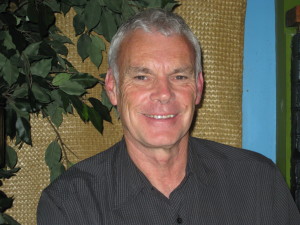Trust is like oxygen. It's all around us. It is an absolute necessity for living a healthy life. When we live in a trusting world, we take it for granted and we hardly realise that it is there.
But take away trust and we are suddenly gasping for survival. A sudden accident or trauma, a partner's infidelity, or a business deal turned sour...these kinds of experience all lead to a major re-think of how we see the world. Suddenly we find ourselves questioning everything.
Our complacent assumptions of a safe and predictable world are shattered. We become suspicious, fearful, and full of self-doubt. We feel betrayed. We can no longer trust our judgements about the world. What had once seemed so straightforward and simple now becomes complicated and confusing.
We start to assume mistrust, and this inevitably takes us into a confusing world of insecurity and second guessing. We look for hidden agendas, unexpected consequences, and dark motives. At its worst, we become paranoid. A world without trust is riddled with avoidance, negativity and fear.
We speak so often about trust, but few of us have any idea as to how it can be usefully managed and conceptualised.
For example:
- Is it something that we should give freely, or is it something that must be earned?
- Is it something that lies within ourselves "I have great trust in him" or within others "He is completely trustworthy" ?
- Are we being excessively naïve when we trust, or are we being overly cautious when we don't trust?

